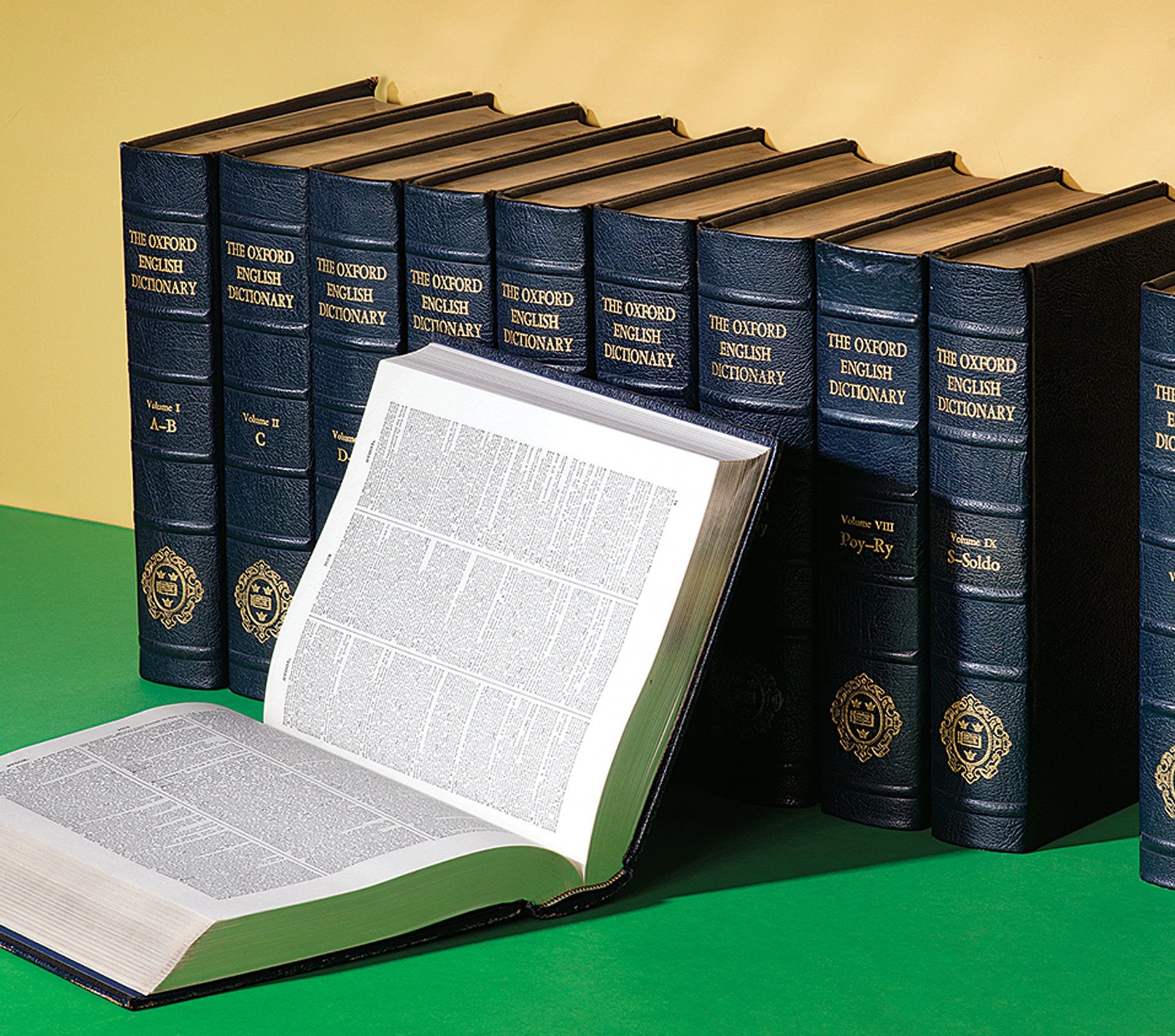In the face of a deepening literacy crisis, education experts in Barbados are advocating for the integration of the Barbadian dialect into the classroom as a foundational tool for teaching. This call comes as recent data reveals alarming declines in literacy rates among students, with many underperforming in English assessments. Last year, the National Task Force on Literacy Education reported that 20% of students scored below 50% in the Barbados Secondary Schools Entrance Examination, while 13% scored below 40%, and some even achieved zero percent. These figures underscore the urgent need for innovative strategies to enhance English proficiency and academic outcomes across primary and secondary schools. Literacy specialist Shawntelle Morgan and Dr. Ronald Francis, Secretary of the Society for Caribbean Linguistics, emphasized the importance of cultural pride in education. Their remarks coincided with the Oxford English Dictionary’s (OED) September 2025 update, which included 12 Caribbean words and phrases, such as ‘bobolee,’ ‘broughtupsy,’ and ‘cou-cou.’ Dr. Francis highlighted that this inclusion signifies global recognition of the Caribbean’s linguistic legacy, urging the region to value its dialects without waiting for external validation. He pointed to historical post-colonial attitudes that marginalized Creole and local languages, stressing that teaching in a language students understand significantly improves learning outcomes. Morgan echoed this sentiment, advocating for a dual-language approach where the Barbadian dialect serves as the teaching foundation while students also master Standard English. She argued that this method not only enhances academic performance but also boosts student engagement and self-esteem by validating their cultural identity. Both experts emphasized the importance of code-switching, encouraging students to see the ability to move between dialect and Standard English as a strength. Morgan also dismissed concerns that dialect use might hinder students, asserting that mastery of one’s native language facilitates the learning of a second language. The OED’s recognition of Caribbean terms, she noted, affirms the region’s role as a producer of language and culture, challenging the notion that Caribbean speech patterns are inferior. The newly added words carry rich cultural significance, reflecting the Caribbean’s unique linguistic and culinary heritage. As Barbados grapples with its literacy challenges, the integration of dialect into education emerges as a promising pathway to fostering both academic success and cultural pride.
Linguists call for embrace of Bajan English in schools as “coucou, saltfish” enter Oxford English Dictionary
